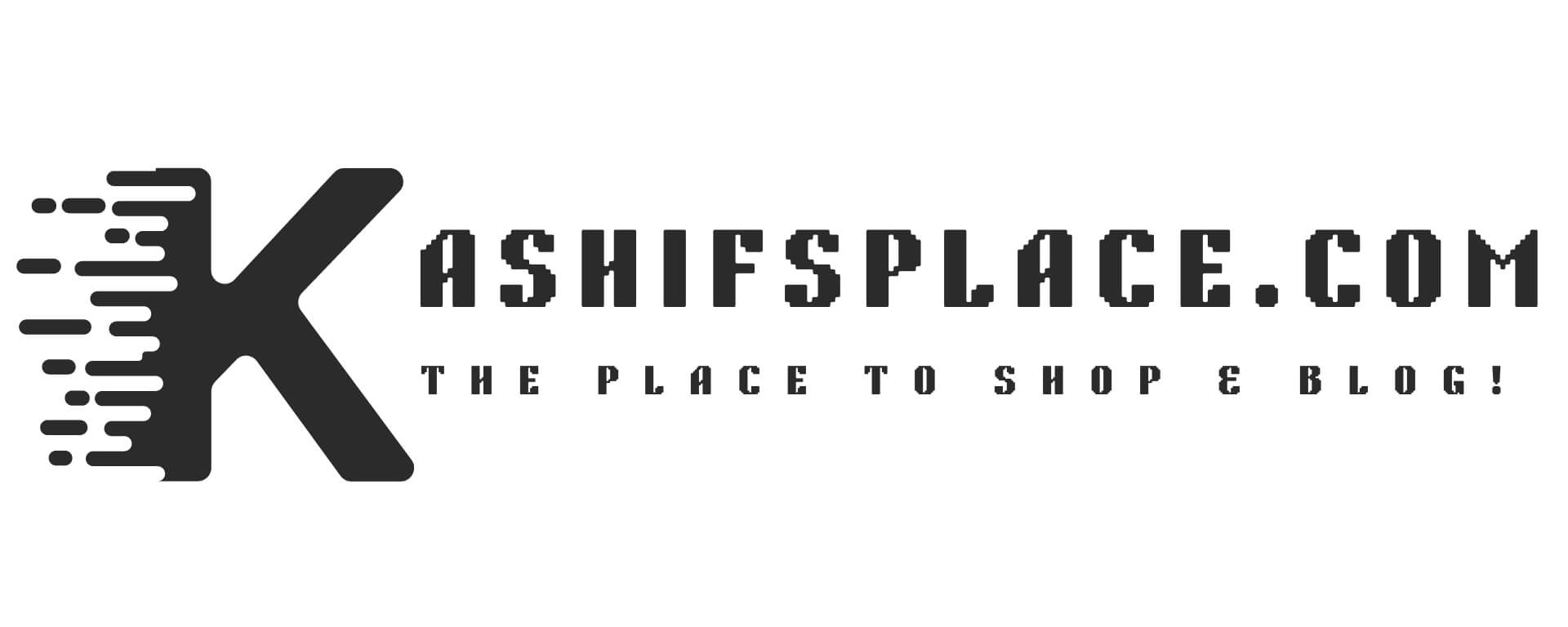Introduction
Welcome to the world of SEO! It’s a game-changer in website development, bridging the gap between your brand and the desired audience.
Understanding SEO
Search Engine Optimization, or SEO, is the mechanism that makes your website easily discoverable by search engines. It’s a vital element that must be noticed in the digital era.
The Importance of SEO in Website Development
SEO plays a pivotal role in website development. It decides your website’s visibility and potential for generating meaningful user traffic and conversions.
SEO Components and Their Role in Website Development
Keywords
Keywords are like the breadcrumbs that lead users right to your website. They serve as essential indicators, helping search engines understand your content.
Content Quality
High-quality content is a magnet for visitors and search engines alike. It’s an essential SEO component that holds the potential to boost your rankings significantly.
User Experience
A website that delivers a superior user experience wins the SEO game. SEO and UX go hand in hand, reinforcing each other for better rankings and user satisfaction.
Mobile-Friendliness
As the world shifts towards mobile browsing, mobile-friendliness is a critical aspect of SEO. It’s a vital component that search engines prioritize for ranking.
Backlinks
Backlinks are like votes of confidence from other websites. They boost your website’s credibility and visibility, directly influencing your SEO ranking.
Integrating SEO into the Website Design Process
SEO-Friendly Website Structure
An organized, SEO-friendly website structure is a delight for users and search engines. It aids in better understanding and navigation, directly influencing your website’s SEO effectiveness.
URL Optimization
Optimized URLs are an essential part of an effective SEO strategy. They help in smooth navigation and provide clear insights about the webpage to users and search engines.
On-Page SEO Techniques
On-page SEO techniques like keyword optimization, meta descriptions, and title tags boost your website’s visibility in search engine results.
Website Speed and Performance
A swift, glitch-free website enhances the user experience and earns favor from search engines, improving your SEO score.
Schema Markup and Structured Data
Using schema markup and structured data helps search engines understand your content better, offering you an upper hand in SEO.
Sitemaps
Sitemaps guide search engines to navigate through your website efficiently, boosting your SEO visibility.
Image File Names
Correctly naming your image files adds another layer of accessibility to your site and helps improve your SEO rankings.
Alt tags
Using alt tags increases your images’ discoverability, making your site more accessible and improving its SEO ranking.
Website Navigation
Smooth and straightforward website navigation is critical in providing an excellent user experience and consequently improving your SEO performance.
Metadata
Metadata provides a brief snapshot of your page content to search engines, aiding them in understanding your webpage, and thus plays a significant role in SEO.
Indexable Content
Creating indexable content ensures search engines can easily find, read, and index your content, boosting your SEO efforts.
Walking the line between SEO and Design
Striking a Balance: Aesthetics versus SEO
An effective website finds the perfect balance between aesthetic appeal and SEO effectiveness. A well-designed, SEO-friendly website will attract visitors and keep them engaged.
Incorporating SEO without Compromising User Experience
It’s crucial to optimize your website for SEO without compromising the user experience. Strategic content placement and intuitive design play a significant role in achieving this balance.
Effective Design Techniques that Support SEO Optimization
Using design techniques that support SEO, such as straightforward navigation, fast load times, and mobile optimization, ensures your website stands out in search engine results.
Ongoing SEO Strategies for Website Maintenance
Regular Content Updates and Blogging
Keeping your website updated with fresh content and a regular blogging schedule are effective ways to maintain and improve your SEO ranking.
Social Media Integration
Incorporating social media into your SEO strategy can significantly amplify your reach, driving more traffic to your website and improving your SEO performance.
Monitoring SEO with Analytics
Keeping track of your SEO performance through analytics is crucial for understanding user behavior and refining your SEO strategies accordingly.
Responsive Design for Multiple Devices
A responsive design that looks and functions seamlessly across multiple devices is crucial for offering an excellent user experience and improving your SEO ranking.
The Impact of SEO on Website Traffic and Business
Increased Visibility and Organic Traffic
Effective SEO strategies lead to increased visibility, attracting more organic traffic and thus potentially increasing the pool of potential customers.
Improved User Engagement
When SEO strategies are implemented correctly, user engagement on your website can significantly improve, leading to higher user satisfaction and better SEO performance.
Higher Conversion Rates
SEO is not just about driving traffic; it’s about moving the right traffic that can lead to conversions. Effective SEO strategies can significantly increase conversion rates and boost sales.
Strengthened Brand Credibility
High rankings in search engine results are perceived as a vote of confidence, strengthening your brand’s credibility and trustworthiness.
FAQ
Q1: What are some common SEO mistakes to avoid during website development?
A: Avoid keyword stuffing, ignoring mobile optimization, slow loading speed, and using duplicate content.
Q2: How does mobile-friendliness affect SEO, and why is it essential for website development?
A: Mobile-friendliness improves SEO as search engines prioritize mobile-optimized sites. It’s crucial because most internet users browse on mobile devices.
Q3: Can you explain the role of analytics in SEO and website development?
A: Analytics provides insights into user behavior, website performance, and the effectiveness of SEO strategies, helping refine strategies for better website development.
Conclusion
SEO is indispensable in website development. Incorporating it into your website design can lead to increased visibility, better user engagement, and higher conversion rates, all contributing to the success of your brand.






























